Despite the strategic significance that characterises India-China relations very few exhaustive research studies have focused on Indian policy during the post-Nehru period toward China. For India, as a neighbour, China becomes a crucial foreign policy consideration because the two countries are ‘regional influentials’ that possess the largest populations, territories, economies and armies. Moreover both nations being ‘civilizational states’ with anti-colonial orientations have much in common. Perhaps these commonalities spawned the strategic divergence, which manifested in the 1962 Himalayan humiliation and the cold bilateral relations thereafter. This book aims to analyse late Prime Minister Indira Gandhi’s policy towards China, which encompasses bilateral regional and global considerations. It examines the formulation of Indian foreign policy towards China in the post Nehru period based on academic writings, government documents, parliamentary debates, newspaper reports and views. It revisits the Nehru period briefly and detached from nationalistic sentiments attempts to take an academic view to review the political and military developments with the benefits of hindsight. Interestingly there is a reference to little known maritime incident in relations between the two counties, which involved an Indian warship the INS Mysore in 1958. Also the India-China military tension on the border during 1986-87 known as the Sumdorung Chu incident has been discussed in some detail. This involves the first time that a Chinese People’s Liberation Army field level commander had actually conveyed a tactical nuclear threat over disputed borders. However the Indian army at the tactical level handled the emergent situation without buckling and therefore this military standoff was likely to have had a bearing on much needed political initiatives towards China. To that extent this episode could be perceived as a major milestone in their bilateral relations. Prime Minister Rajiv Gandhi’s visit to Beijing in December 1988 infused a new momentum to India-China relations. As a result the two sides set up the joint working group to initiate a dialogue and keep communication channels open with each other. Importantly this political journey paved the path for further exchange visits between prime ministers of the two countries during the 1990s. In the post cold war period the Indian nuclear weapon tests during May 1998 proved to be a setback for New Delhi-Beijing ties because India had highlighted the potential threat from China as the rationale. As a result New Delhi-Beijing relations turned cold and could not progress further. However this irritant was ironed out with the onset of the India-Pakistan crisis over Kargil during May-June 1999 when China adopted a neutral posture and pro-active Indian diplomacy brought the warmth back in the bilateral relationship. In the new millennium the President of India K.R. Narayanan visited China and Defence Minister George Fernandes went to China in April 2003. Prime Minister A.B. Vajpayee also visited China in June 2003.
India-China Relations: Post Conflict Phase to Post Cold War Period
In stock
Free & Quick Delivery Worldwide
reviews
Bibliographic information
Title
India-China Relations: Post Conflict Phase to Post Cold War Period
Author
Edition
Reprint.
Publisher
ISBN
8176485381, 9788176485388
Length
viii+327p., References; Index; 23cm.
Subjects

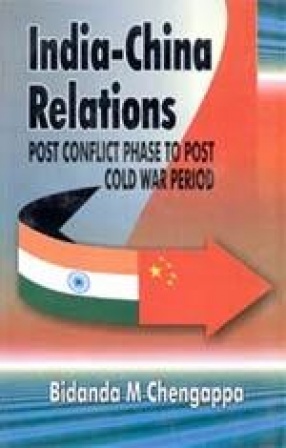
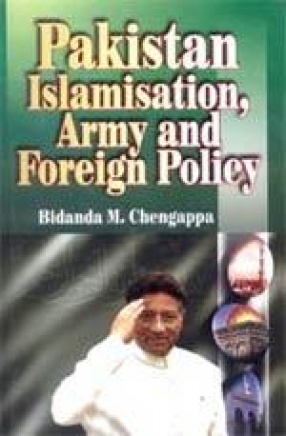
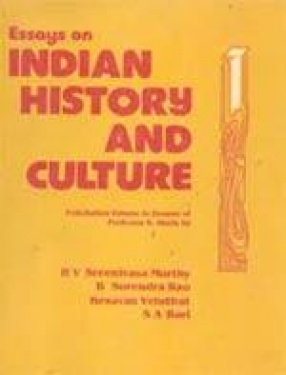
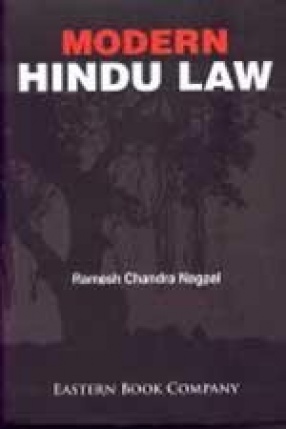
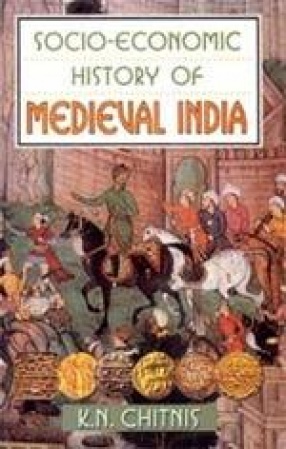
There are no reviews yet.